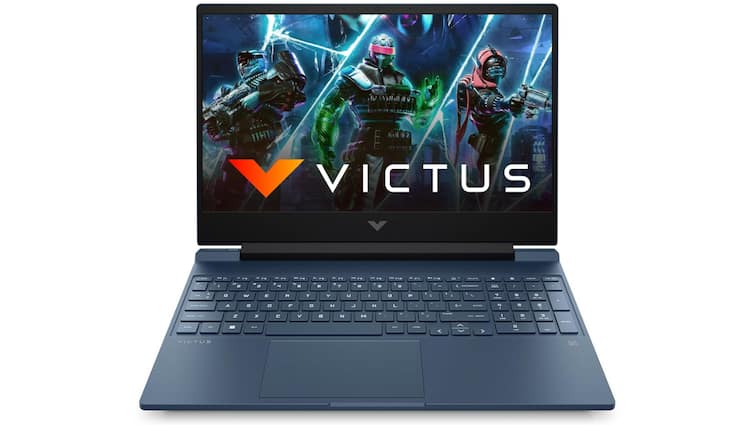HP Is Reportedly Planning To Kill Victus Gaming Lineup Soon, Here's Why
HP introduced the Victus lineup as an affordable gaming laptop series designed to strike a balance between cost and performance.

HP might kill the Victus gaming laptop lineup soon amidst the growing criticism over quality and performance. This lineup of gaming laptops was launched back in 2021 as a mid-range segment that was supposed to lie between the Pavilion Gaming and Omen series. However, due to the shortcomings in meeting expectations of consumers around quality, reliability, and performance, the sales saw a decline. Now, according to a report by the Philox, that cited sources inside HP, the company might soon kill the series.
There is no official announcement from HP yet about the end of this lineup hence, readers should take this information with a pinch of salt.
ALSO READ | Ed Sheeran India Tour 2025: From Ticket Prices & Venue To How To Book Tickets, Here's All You Need To Know
HP introduced the Victus lineup as an affordable gaming laptop series designed to strike a balance between cost and performance. Victus laptops boasted sleek designs, modern processors, and gaming-oriented features like higher refresh rate displays and dedicated GPUs.
Despite these appealing attributes, the Victus series struggled to gain a foothold in a competitive market. Issues with build quality and performance consistency ultimately hindered its ability to stand out against rivals in the crowded gaming laptop space.
What Was Wrong With HP Victus Lineup
A major criticism of Victus laptops is their extensive use of plastic in construction. While many gaming laptops are designed to be lightweight and portable, the Victus series has often been viewed as lacking sturdiness. Concerns about durability were further amplified by issues such as unstable hinges leading to screen wobbling and a fragile keyboard structure, both of which left users questioning the build quality of these devices.
Proper thermal management is essential for gaming laptops, particularly those equipped with powerful CPUs and GPUs. Unfortunately, the Victus series struggled in this area. These laptops faced challenges with heat dissipation during intense gaming sessions or heavy multitasking, leading to thermal throttling and noticeable performance degradation.
Victus laptops were equipped with entry-level IPS panels that fell short in brightness and colour accuracy. Tests revealed that the displays covered only about 62.5% of the sRGB color spectrum, making them unsuitable for users seeking vibrant visuals for gaming or creative tasks, Philox reported.
Additionally, the absence of HDR support and the inclusion of relatively low refresh rates in certain models left these laptops at a disadvantage in a market where high-quality, immersive displays are a major draw for buyers.
Gaming laptops are not typically celebrated for their battery longevity, but the Victus series managed to underperform even by industry standards.
Featuring a 70Wh battery, these laptops could deliver an average of 7–10 hours for basic tasks like web browsing or streaming. However, the battery drained rapidly during gaming or other resource-intensive activities, highlighting a significant limitation for users seeking portability and extended usage.






































